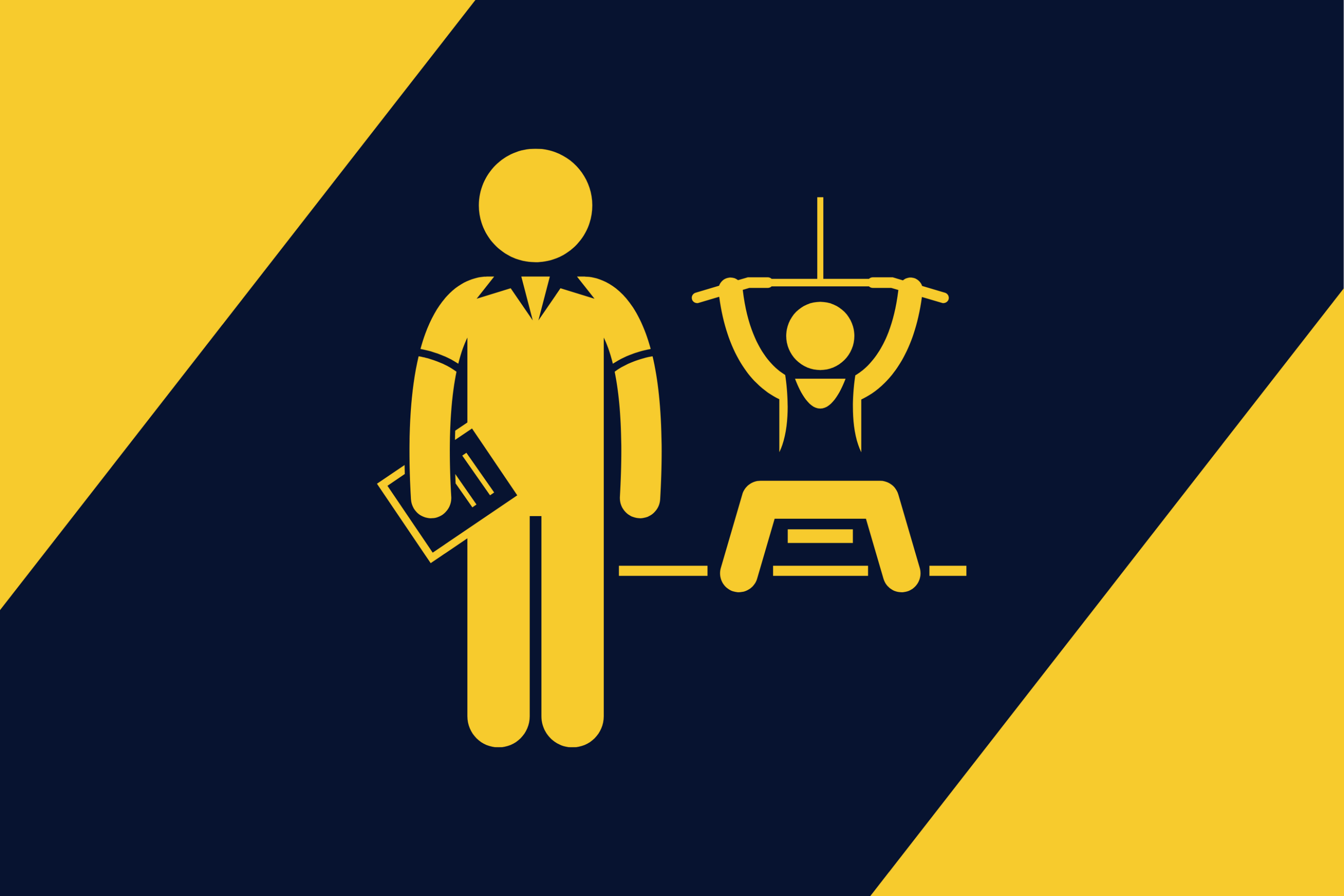Physio Individuals
Building a Flexible Career in the Health and Fitness Industry

Kitiara Pascoe
15 / 06 / 2020 – 2 min read
Building a Flexible Career in the Health and Fitness Industry
Once upon a time, having a personal trainer was something only celebrities would consider. A gym membership meant access to a weight room and a few treadmills. Exercise classes could be counted on one hand. Working in the health and fitness industry was rigid.
Needless to say, times have changed. In recent years, exercise classes have expanded to encompass hundreds of types of fitness and ‘having’ a personal trainer has become as common as avocado on a brunch menu. As a fitness professional, you no longer need to have just one niche. In fact, limiting yourself is the opposite of career safety.
Flexible Careers
If the coronavirus pandemic has taught us anything, it’s that the way we live and work can change in a split second and resilience, creative thinking and being open to adapting are the most powerful behaviours we can cultivate.
Having a single focus in the health and fitness sector isn’t necessarily a strong position to be in, particularly if that focus is impossible to do remotely. Instead, diversifying your skill set and service range gives you many avenues to pursue in response to changes in the industry, society or trends.
It’s not just in response to pandemics that flexible careers start to look appealing, in the health and fitness industry, it simply makes sense.
Holistic Training
Traditionally, the body and mind have been looked at as separate entities, almost entirely unconnected from each other. In addition, different parts of the body itself have been seen as unconnected. Got a problem with your shoulder? There’s a specialist for that. Got lower back pain? There’s another specialist for that. Feel tired often? That’s a totally different speciality.
However, more and more health professionals are moving into more holistic practices, where the body, mind and everything in between are looked at as a whole. In the West, this is a revolutionary step. In the East, it’s been the norm for thousands of years.
Ayurveda is a perfect example of a holistic practice that’s endured centuries upon centuries of use. A holistic health system, Ayurveda is founded on the basis of attaining energy balance. When the body’s energy is imbalanced, health issues arise. To achieve balance, Ayurveda uses various techniques, from massage and nutrition to yoga and meditation. The fundamental concept is simple; by taking care of yourself, you can afford many health issues. This can be as simple as eating a healthy diet and seeing clear skin and strong nails as a result.
Working as a health and fitness professional can also be a holistic career. After all, diet, fitness and mental health are intrinsically linked. By training across multiple specialities, you can provide a more encompassing range of services to clients and help them see their overall health from a holistic point of view.
How to Expand Your Skillset
Expanding your skillset can mean training in new therapies and movement types in order to teach others or learning academically to widen your own knowledge. You can commit to as much or as little as you wish. You don’t need to do a master’s degree in nutritional science to educate yourself on plant-based diets and provide basic guidance to clients and you don’t need to become a yoga teacher to learn about the benefits of yogic practice and recommend it to a patient who’s feeling stiff and stressed.
Learning in the health and fitness sector is a never-ending task that can help you point clients to the right treatments or provide them yourself. Here are a few ideas or avenues that might interest you. Some require self-teaching, some short-courses and others, in-depth study from regulated providers:
- Acupuncture
- Massage
- Yoga
- Pilates
- Meditation
- Breathwork
- Myofascial release
- Personal training
- Exercise to music
- Low back pain speciality
- Nutrition
- Obesity speciality
- Diabetes speciality
- Cupping
- Far Infrared
This is just a selection of areas in which you could train to complement your current workload and knowledge. By opening yourself up to new therapies and fitness areas, you may well find that you find a new passion at the intersection of two or more specialities. This enables you to become an even more niche practitioner than were you to only have one speciality. At the same time, it gives you far more flexibility to adapt to industry changes.
It’s Never Too Late
Whether you’re 21 and fresh from university or if you’re 50 and mulling over a career change or expansion, it’s never too late. The health and fitness industry is open to people of all ages, body types and interests. After all, your clients will be of all ages, body types and interests!
Training can almost always be pursued part-time, perfect if you have a full-time career whether you’re currently working in the industry or not. Some training can even be undertaken via distance-learning, with assessments or weekend training done in person. No matter what you’re interested in, chances are there’ll be a course for you.
Getting the Tools and Equipment You Need
When you practice in the health and fitness space, you’ll need the right tools and equipment to do your best work. That’s where we come in. From acupuncture needles and cupping sets to clinic essentials and massage creams, we’ve got you covered, whichever therapy you choose to explore.


